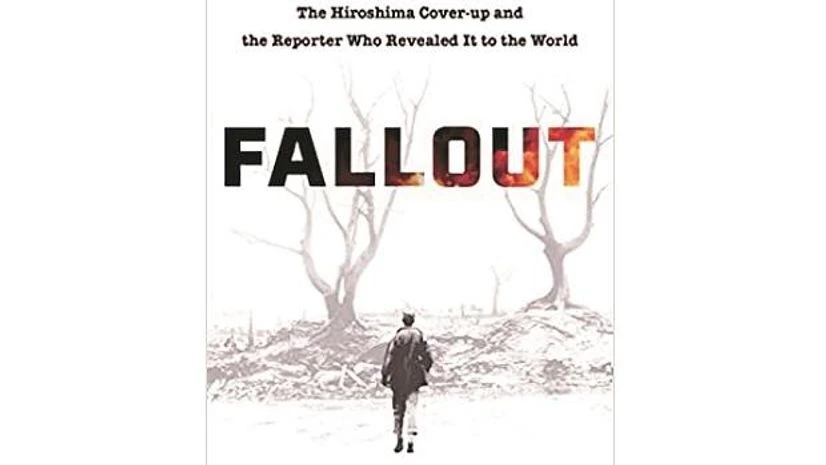Seventy-five years ago, on the bright clear morning of August 6, 1945, the United States dropped an atomic bomb on Hiroshima, immediately killing 70,000 people, and so grievously crushing, burning and irradiating another 50,000 that they too soon died. Even from within the deadliest conflict in history, such devastation from a single, airdropped device raised the stakes of war from conquest into the realm of human annihilation.
Three days after Hiroshima the United States dropped additional evidence on Nagasaki, and Japan surrendered. Afterward, as part of a clampdown on information little mention of realities on the ground was allowed by

)